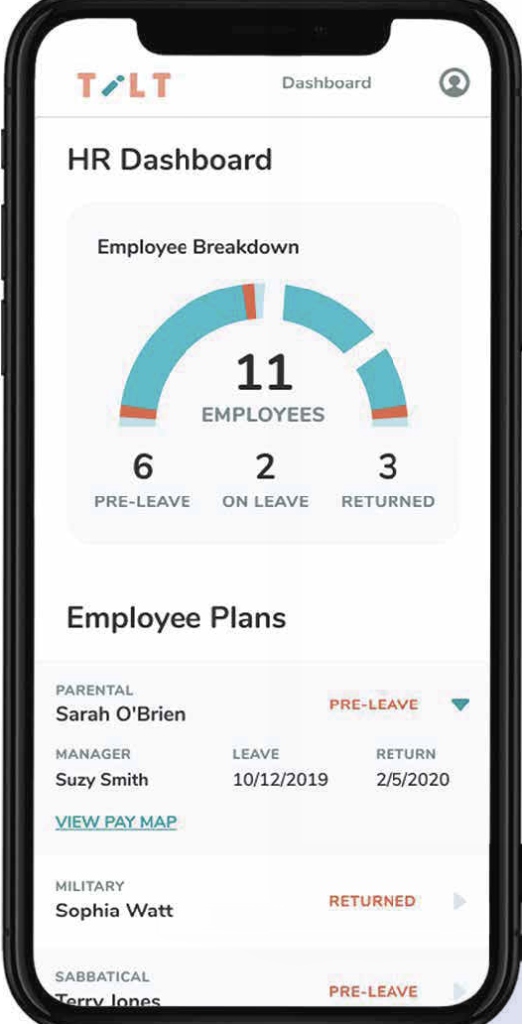Don’t buy into the hype! “Oh, just do what you love!” That’s not being an adult, that’s being a moron! Just do what makes you happy! No, that’s what a child does.
“Tim, we just want to hire some ‘adults’!” I hear this statement from a lot of CEOs I talk with currently!
That means most of the people they are hiring, aren’t considered adults by these leaders. Oh, they fit the demographic of being an adult from an age perspective, but they still act like children!
I tell people when I interview them and they ask about our culture I say, “We hire adults”.
That means we hire people into positions where they are responsible for something. Because we hire adults, they take responsibility for what they are responsible for. If I have to tell them to do their jobs, they’re not adults, they’re children. We don’t employ children.
I think about 70% of the positions that are open in the world could have the same title –
“Wanted: Adults”.
Those who read that and got it could instantly be hired and they would be above average employees for you! Those who read it and didn’t understand, are part of the wonder of natural selection.
How do you be an Adult?
– You do the stuff you say you’re going to do. Not just the stuff you like, but all the stuff.
– You follow the rules that are important to follow for society to run well. Do I drive the speed limit every single time? No. Do I come to work when my employer says I need to be there? Yes.
– You assume positive intent on most things. For the most part, people will want to help you, just as you want to help others. Sometimes you run into an asshole.
– You understand that the world is more than just you and your desires.
– You speak up for what is right when you can. It’s easy to say you can always speak up for what is right, but then you wouldn’t be thinking like an adult.
– You try and help those who can’t help themselves. Who can’t, not who won’t.
My parents and grandparents would call this common sense, but I don’t think ‘being an adult’ is common sense anymore. Common sense, to be common, has to be done by most. Being an adult doesn’t seem to be very common lately!
So, you want to hire some adults? I think this starts with us recognizing that being an adult is now a skill in 2021. A very valuable skill. Need to fill a position, maybe we start by first finding adults, then determining do we need these adults to have certain skills, or can we teach adults those skills!
The key to great hiring in today’s world is not about attracting the right skills, it’s about attracting adults who aren’t just willing to work, but understand the value of work and individuals who value being an adult.
I don’t see this as a negative. I see it as an opportunity for organizations that understand this concept. We hire adults first, skills second. Organizations that do this, will be the organizations that win.
The Motley Fool has a great section in their employee handbook that talks about being an adult:
“We are careful to hire amazing people. Our goal is to unleash you to perform at your peak and stay out of your way. We don’t have lots of rules and policies here by design. You are an amazing adult and we trust you to carve your own path, set your own priorities, and ask for help when you need it.”
You are an amazing ‘adult’ and we trust you…
If only it was so simple!

